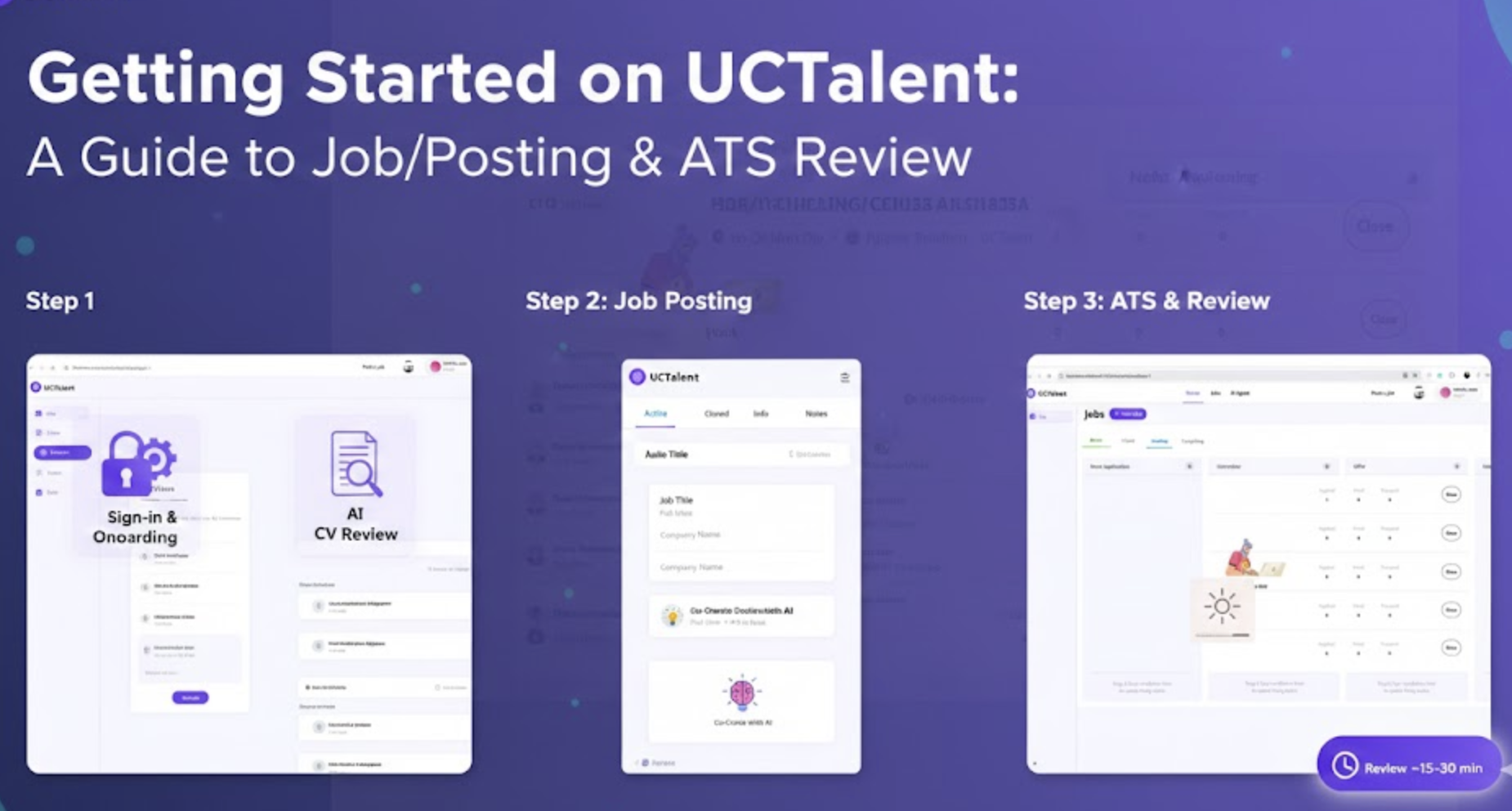Understanding Public Privacy Blockchain: Pros and Cons Compared to Traditional Blockchain Networks
Blockchain technology has revolutionized the way we think about data storage, security, and transparency. Among the various types of blockchain, public privacy blockchains have emerged as a unique solution that balances the need for transparency with user privacy. This article explores the pros and cons of public privacy blockchains compared to traditional blockchain networks, providing insights into their functionality and applications.
What is a Public Privacy Blockchain?
A public privacy blockchain combines the openness of public blockchains with enhanced privacy features typically found in private blockchains. In these networks, while transaction data is publicly verifiable, the identities of participants can remain confidential. This is achieved through advanced cryptographic techniques that allow for secure transactions without exposing sensitive information.

Pros of Public Privacy Blockchains
- Enhanced Privacy: Unlike traditional public blockchains where all transaction details are visible to everyone, public privacy blockchains utilize cryptographic methods to obscure user identities. This allows participants to engage in transactions without revealing their personal information, thus protecting their privacy while still ensuring accountability.
- Decentralization: Public privacy blockchains maintain the decentralized nature of traditional public blockchains. No single entity controls the network, which prevents manipulation and fosters a democratic governance model where all participants have a say in decision-making processes.
- Transparency with Accountability: While user identities are protected, the transactions themselves remain transparent and immutable. This means that all actions can be verified by any participant in the network, enhancing trust among users without compromising individual privacy.
- Security: The use of cryptographic hashing ensures that once a transaction is recorded on the blockchain, it cannot be altered or deleted without detection. This makes public privacy blockchains highly secure against fraud and unauthorized changes.
- Flexibility for Various Applications: Public privacy blockchains can be particularly beneficial in sectors like finance, healthcare, and supply chain management where sensitive data needs protection while still requiring verification by multiple parties.
Cons of Public Privacy Blockchains
- Complexity in Implementation: The technology behind public privacy blockchains can be more complex than traditional blockchain systems. Implementing advanced cryptographic techniques requires specialized knowledge and resources, which may deter some organizations from adopting this technology.
- Regulatory Challenges: The balance between transparency and privacy raises regulatory concerns. Governments and regulatory bodies may struggle to create frameworks that adequately address the unique characteristics of public privacy blockchains, leading to uncertainty for businesses operating within this space.
- Potential for Misuse: While enhanced privacy protects legitimate users, it can also attract malicious actors who may exploit anonymity for illegal activities such as money laundering or fraud. This duality poses challenges for law enforcement and regulatory agencies trying to monitor blockchain activities.
- Scalability Issues: Like many blockchain technologies, public privacy blockchains may face scalability challenges as transaction volumes increase. Ensuring fast processing times while maintaining security and privacy can be difficult as the network grows.
- Higher Energy Consumption: Some consensus mechanisms used in public privacy blockchains may consume more energy compared to traditional systems, particularly those relying on proof-of-work protocols. This raises concerns about environmental sustainability.

Comparison with Traditional Blockchain Networks

Conclusion
Public privacy blockchains represent an innovative approach to addressing the challenges of transparency and user privacy in digital transactions. While they offer significant advantages over traditional blockchain networks—such as enhanced security and user anonymity—they also present unique challenges that must be navigated carefully.
As organizations continue to explore blockchain technology's potential, understanding these pros and cons will be crucial for making informed decisions about which type of blockchain best meets their needs. The evolution of regulatory frameworks will also play a critical role in shaping the future landscape of both public privacy blockchains and traditional blockchain networks alike.
Want to explore how blockchain can transform your career or business? Follow UCTalent for insights into the latest innovations in Web3 and blockchain!







.png)




